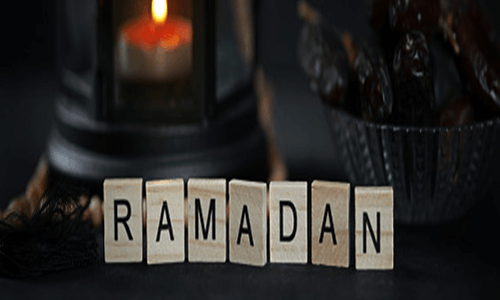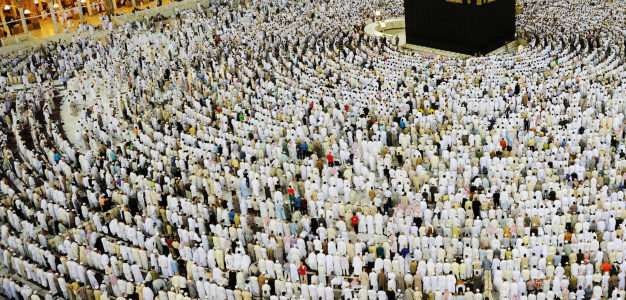7th May 2020
السلام عليكم و رحمة الله و بركاته
Question: I am in a situation where I need to confirm how does Fidya workout, and how it needs to be done. In June 2019 I was diagnosed with Kidney Failure (CKD) I’m on dialysis 2-3 times a week. I’ve been told by nurses that fasting in my condition would affect my health and could potentially make it worse. So am I eligible for Fidya? And how does it work? Also I must add, I’ve always kept my fasts during Ramadan, but the fasts I’ve missed due to menstruation, have not been made up for, so it’s been a few years so I have atleast 30 fasts to make up for. Does Fidya apply to these fasts too? Or do I have to wait for the future and see if my health has improved and may be able to do Qaza Fasts?
.
الجواب حامداً و مصلياً
In the name of Allāh, the Most Gracious, the Most Merciful
Answer: In reference to the above question, fidya is applicable to that individual who has no hope of fasting in the future.[1] Therefore, as a replacement they must pay fidya which is equivalent to the amount of sadqatul fitr (or enough to feed a poor person two meals a day).[2] This payment should be made at the beginning of Ramadhān although can be extended throughout the month. In your case in particular, if you are advised and certain that you are unable to fast in the future then fidya will apply to you as well as for the qadha fasts missed previously. If you happen to recover in the future and you remain hopeful of fasting again without it being detrimental to your health then it becomes necessary for you to make up for the qadha fasts as in this case fidya would not be applied.[3] The fidya given become optional charity.
[Allāh Knows Best]
Written by: Apa Gul-e-Maryam Reviewed by: Mufti Abdul Waheed
Attested by: Shaykh Mufti Saiful Islam
JKN Fatawa Department
[1] Badai Sanai, Kitab Sawm, Vol 2,Pg 97
وعلى الذين كانوا يطيقونه ” أي: الصوم ثم عجزوا عنه فدية طعام مسكين والله أعلم ولأن الصوم لما فاته مست الحاجة إلى الجابر وتعذر جبره بالصوم فيجبر بالفدية، وتجعل الفدية مثلا للصوم شرعا في هذه الحالة للضرورة كالقيمة في ضمان المتلفات، ومقدار الفدية مقدار صدقة الفطر، وهو أن يطعم عن كل يوم مسكينا مقدار ما يطعم في صدقة الفطر
[2] Tuhfatul Fuqaha, Kitab Sawm, Vol 1,Pg 359
ومن أفطر لشيء من العذر ثم زال العذر فعليه القضاء بعدد الأيام التي يزول عنه العذر فيها
وليس عليه قضاء ما لم يزل العذر عنه فيها حتى إن المسافر إذا مات في السفر والمريض قبل البرء لا يجب عليهما القضاء لأن العاجز لا يكلف وإن أدركا بعدد ما فاتهما يلزمهما القضاء وإذا ماتا قبل القضاء يجب عليهما الفدية
والفدية أن يطعم لكل يوم مسكينا بقدر ما يجب في صدقة الفطر
[3] Hidaya, Kitab Sawm, Vol 1, Pg 124
والشيخ الفاني الذي لا يقدر على الصيام يفطر ويطعم لكل يوم مسكينا كما يطعم في الكفارات ” والأصل فيه قوله تعالى: {وعلى الذين يطيقونه فدية طعام مسكين} [البقرة: 184] قيل معناه لا يطيقونه ولو قدر على الصوم يبطل حكم الفداء لأن شرط الخلفية استمرار العجز ” ومن مات وعليه قضاء رمضان فأوصى به أطعم عنه وليه لكل مسكينا نصف صاع من بر أو صاعا من تمر أو شعير ” لأنه عجز عن الأداء في آخر عمره فصار كالشيخ الفاني ثم لا بد من الإيصاء عندنا


